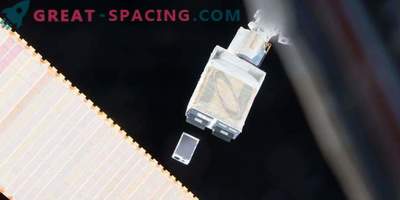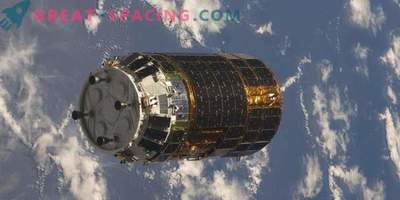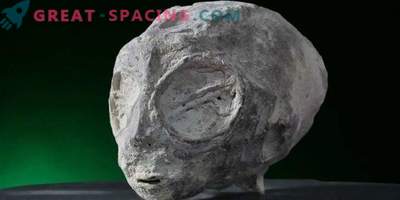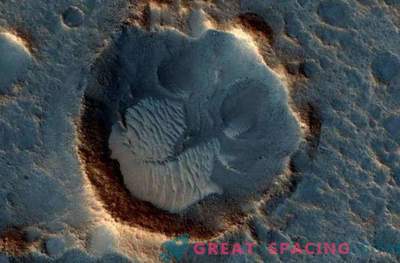
As it became known, a team of engineers from Switzerland had been working for the past three years to develop a space-marshalling satellite. Their goal is to eliminate the threat posed by orbital debris.
This problem is not new - the cosmos is overflowing with inactive satellites and dropping rocket stages. The project of a cleaner called "CleanSpace" is being developed by a large group of scientists from the Lausanne Federal Polytechnic Center Ecole, the Center for Space Research and Signal Processing, and the Swiss University of Applied Sciences and Arts.
Their goal is to create a small apparatus trap to capture ultra-small satellites of the CubeSat family. Specifically, Swiss scientists are interested in capturing satellites of their own production called SwissCube. These small satellites of the Earth were launched at the end of 2009.
It is assumed that in 2018 SwissCube will cease to function. And therefore, the creation of the apparatus "CleanSpace" should be implemented until 2018. While the engineering team is developing the most important component of the cleaner - the capture system. The engineers were able to perform the technical implementation of this system on the principle of "Pac-Man".
"CleanSpaceOne" is a working prototype, made in the form of a closed cone, which is revealed in order to capture a mini-satellite, and then slams. When a caught satellite falls into a trap, they both (together with the apparatus) are burned in the atmosphere. Another area of work within the CleanSpace project is the creation and testing of visual tracking and guidance algorithms for an exciting device. To improve the accuracy of operation, such a system should take into account the angular position relative to the sun and the relative speeds of the sweeper and the object being captured. At the same time, the complexity in the operation of the system is the presence of smooth reflective surfaces captured by the SwissCube, which can be either too dark or too bright. This was announced by a graduate student, Christoph Paccalat, who works on this project.
The main project manager, Muriel Richard-Noko, emphasizes the extreme delicacy of the mission: "Just one small mistake in the calculation of the approach to SwissCube, makes the launch of the cleaner and booster rocket useless." But, as Michel Loria, a professor of industrial technology who also works on the project, adds, they believe in the reliability of the apparatus being developed and its large maneuverability margin.
In the meantime, the current stage of work is focused on the manufacture of a technical model that will be more accurate than prototypes, as well as its comprehensive testing.











































